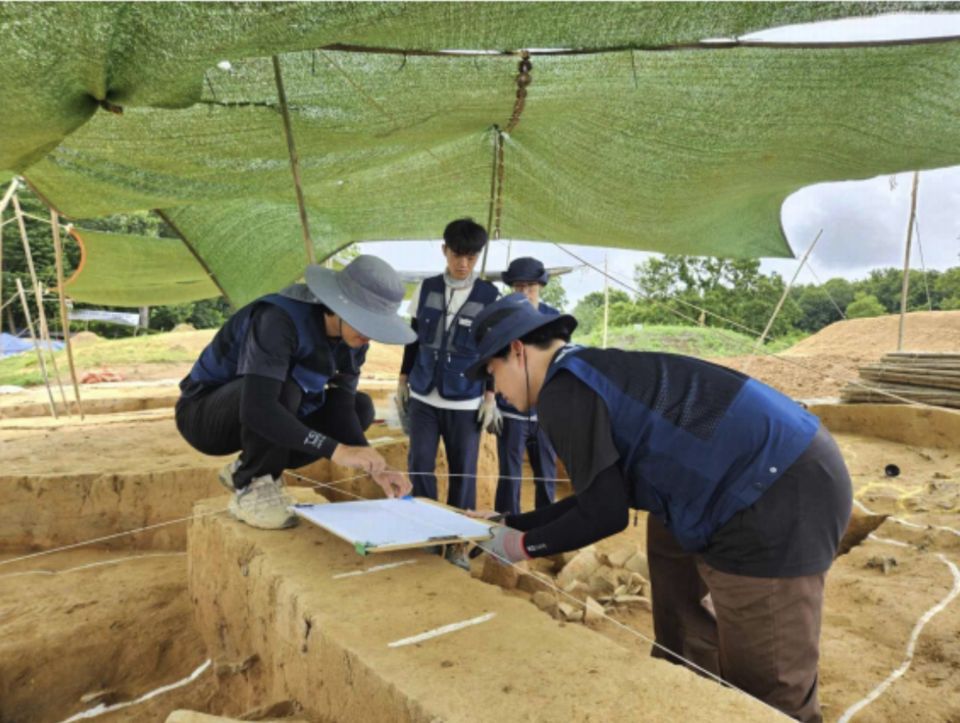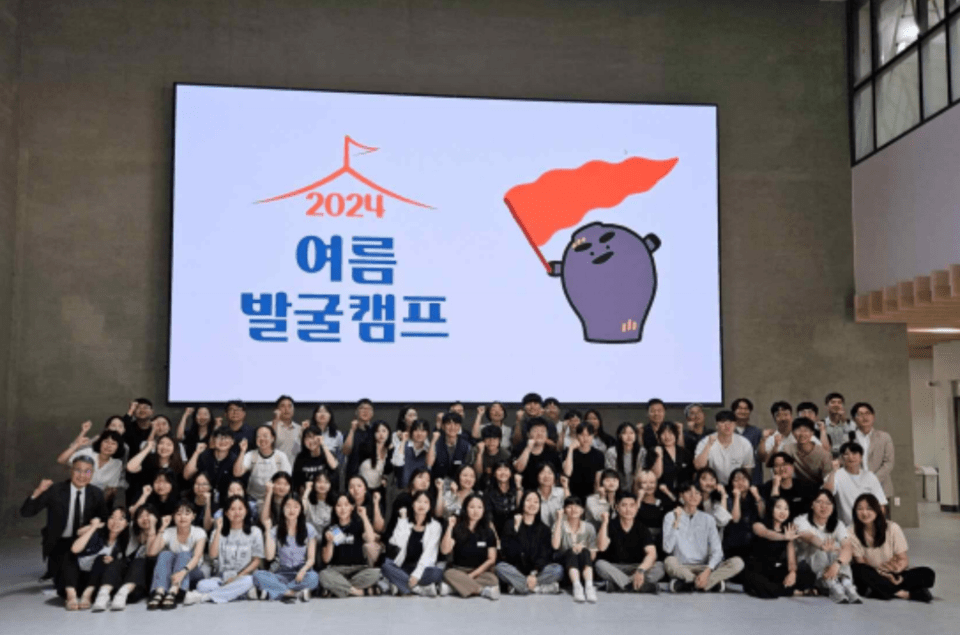The National Heritage Research Institute, in collaboration with the Korean Archaeological Society, is organizing a ‘Summer Excavation Camp’ for university students majoring in archaeology and will recruit 50 participants from April 14 to 25.
The ‘Summer Excavation Camp’ is a field practice-focused archaeological education program prepared as part of the improvement of the buried heritage system. It has been held annually since 2021 with the aim of highlighting the importance of cultural heritage preservation and fostering future archaeological talents, jointly operated by the National Heritage Research Institute and the Korean Archaeological Society.
Participating students will receive hands-on education at major excavation sites across the country, currently being excavated by the National Heritage Research Institute. Education will take place over approximately three weeks, from June 23 to July 9, with the first week dedicated to common theoretical education, and the second and third weeks focused on field excavation practice.

The excavation sites for the field practice are 11 locations being investigated by six research institutes under the National Heritage Research Institute. These include: Gyeongju Cheok Saem, Wolseong, and Donggung and Wolji (Gyeongju Heritage Research Institute); Buyeo Busosan Fortress and Gwanbuk-ri Site, Iksan Royal Palace Site (Buyeo Heritage Research Institute); Gimhae Bonghwang-dong Site, Haman Gayari Site (Gaya Heritage Research Institute); Naju Bokam-ri Site (Naju Heritage Research Institute); Chungju Jangmisan Fortress (Jungwon Heritage Research Institute); and Seoul Gyeongbokgung Palace (Seoul Heritage Research Institute).

The recruitment targets are juniors and seniors majoring in archaeology-related fields, and students who wish to participate must submit their application via email to the Korean Archaeological Society, considering their desired excavation site and schedule. The selection results will be individually notified by text message on May 7.
The National Heritage Research Institute plans to continue to systematize education programs and work closely with the Korean Archaeological Society in nurturing cultural heritage experts.